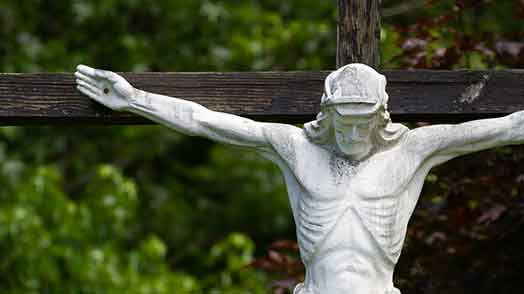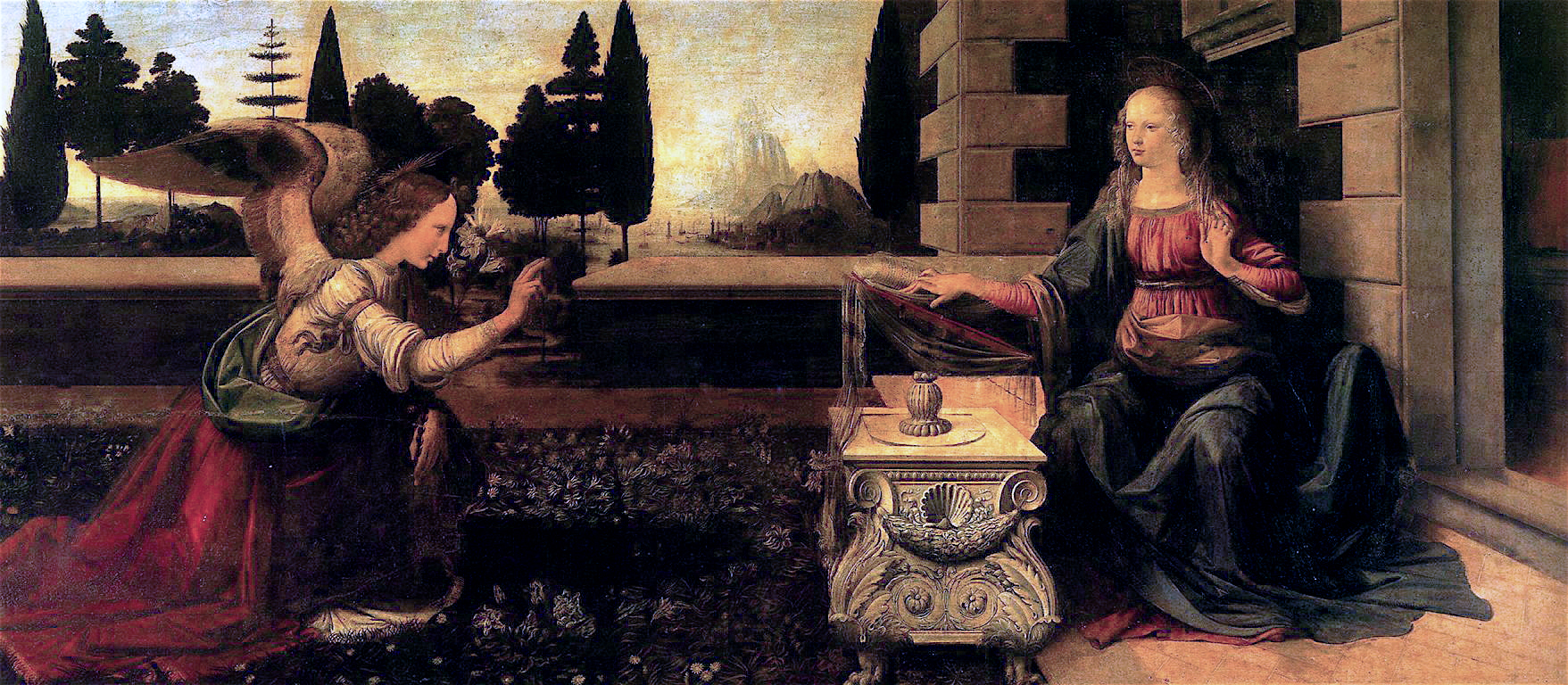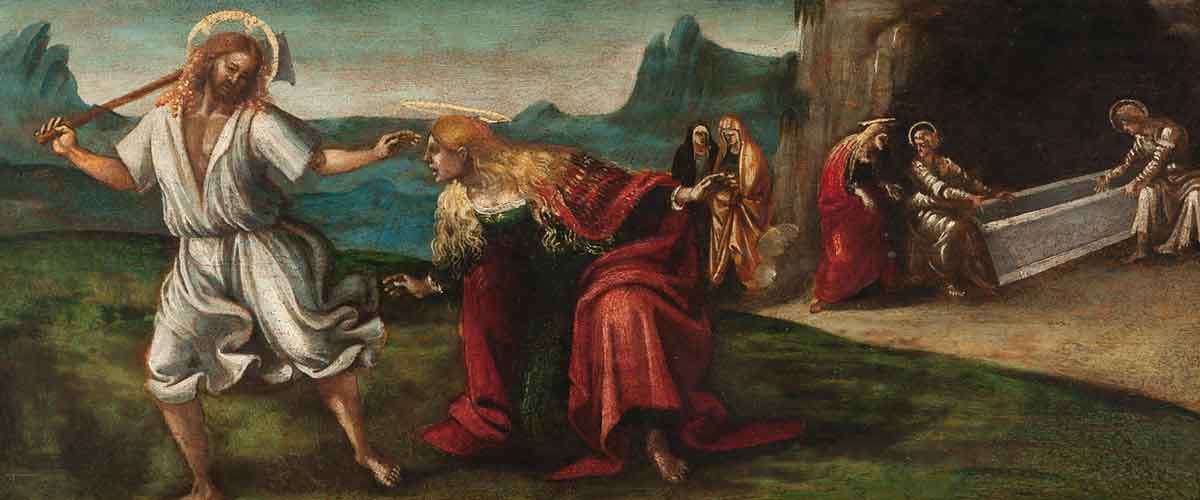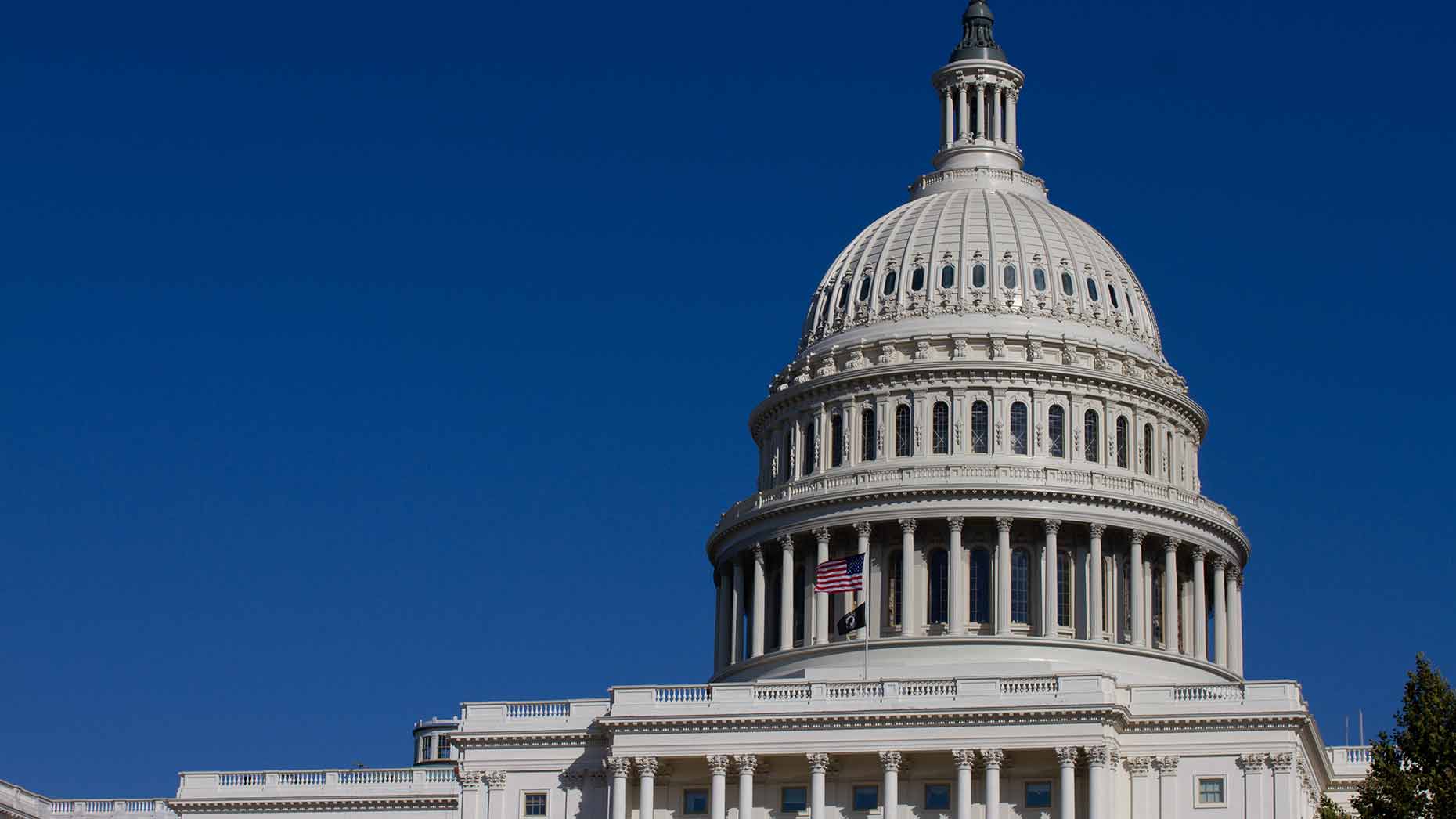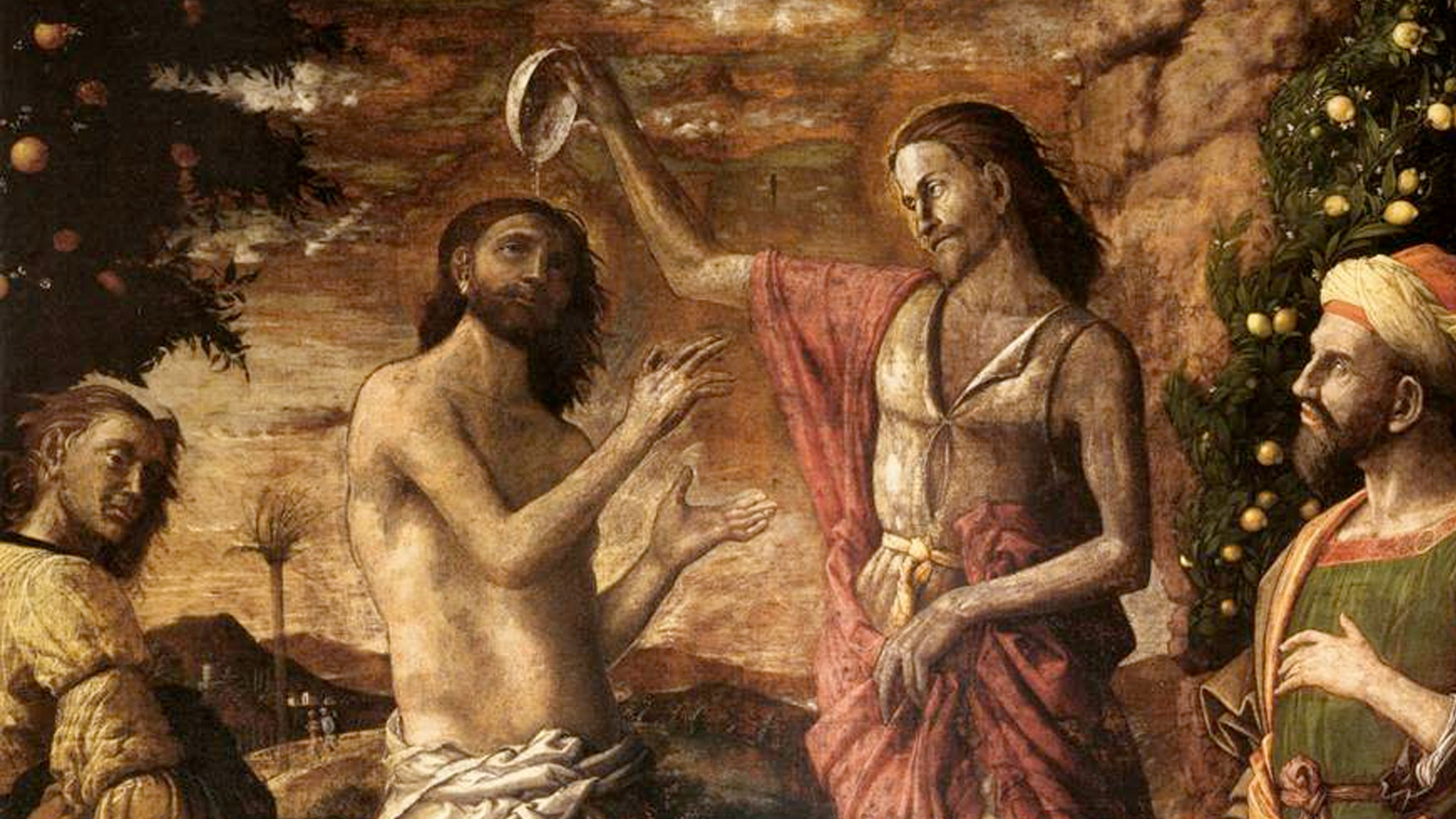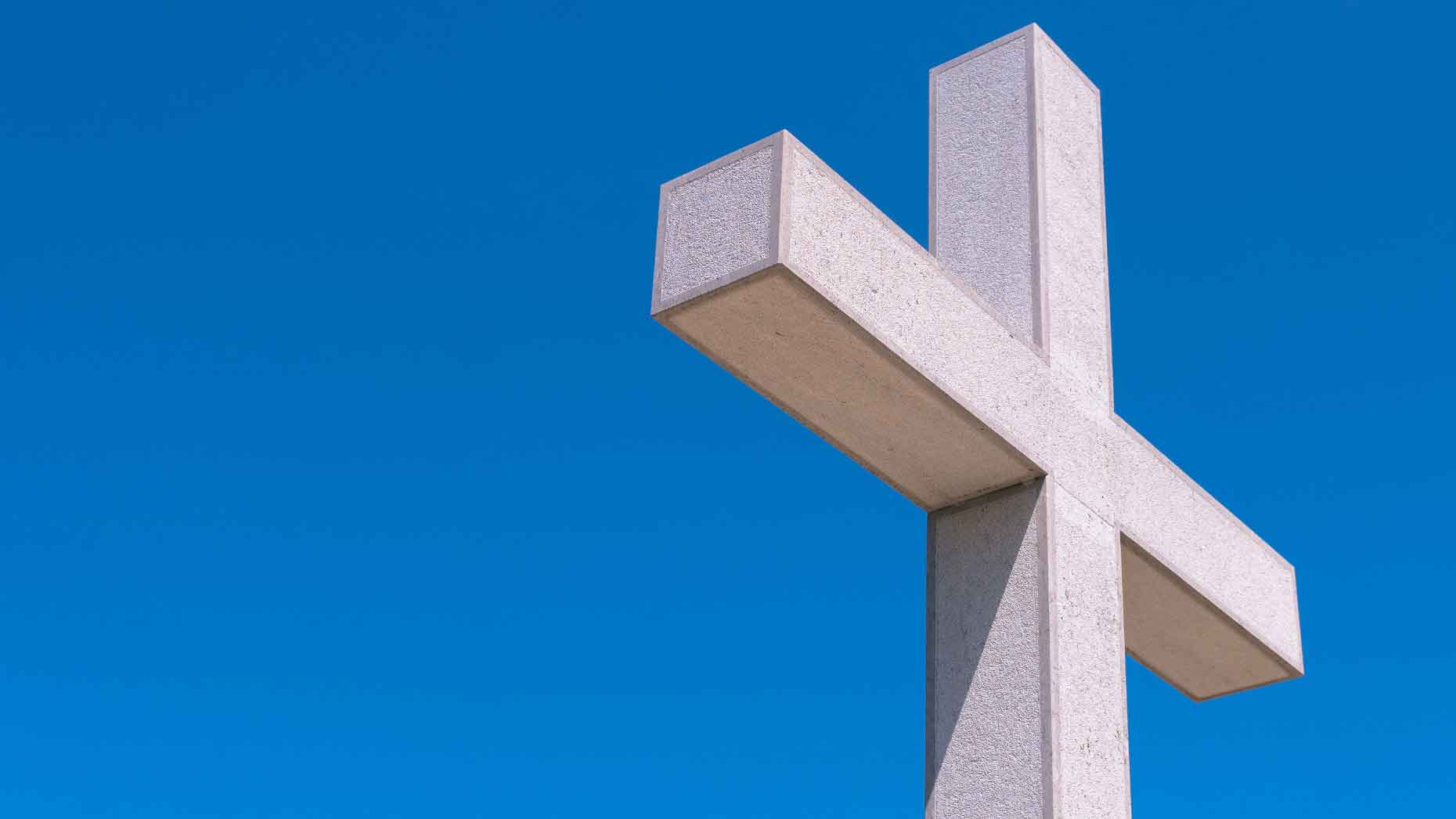By Fr. Tom Zelinski, OFM Cap.
I am fascinated by the perception of time. Time seems to move fast or slow, depending on our experience. Earlier this week someone expressed surprise that next Sunday is Palm Sunday already. How can that be? Where has Lent gone? Lent is a common example of time passing quickly or slowly. At Ash Wednesday Lent seems a long time ahead of us. But often Holy Week approaches with a certain suddenness, especially if we feel we didn’t do enough “for Lent.”
Time really doesn’t exist. There is no “thing” called “time” floating around in the air. By custom, we have decided to measure our human journey with clocks and calendars.
Looking backward, time may have seemed to pass quickly. But it is remarkable how long a minute can seem, for example, as I am standing at the back of church, waiting to walk in for Mass.
Teachers of prayer and meditation invite us to focus on the present moment because that’s all we have. Of course, the present moment is hard to nail down because it keeps changing! The danger is, if we look too much to the past, it can trigger unnecessary guilt or regret. If we look to the future, we can worry about things that may never happen.
We live in time. We walk through time. But in any present moment is where we are to pay attention to our own thoughts and feelings and to the presence of God.

